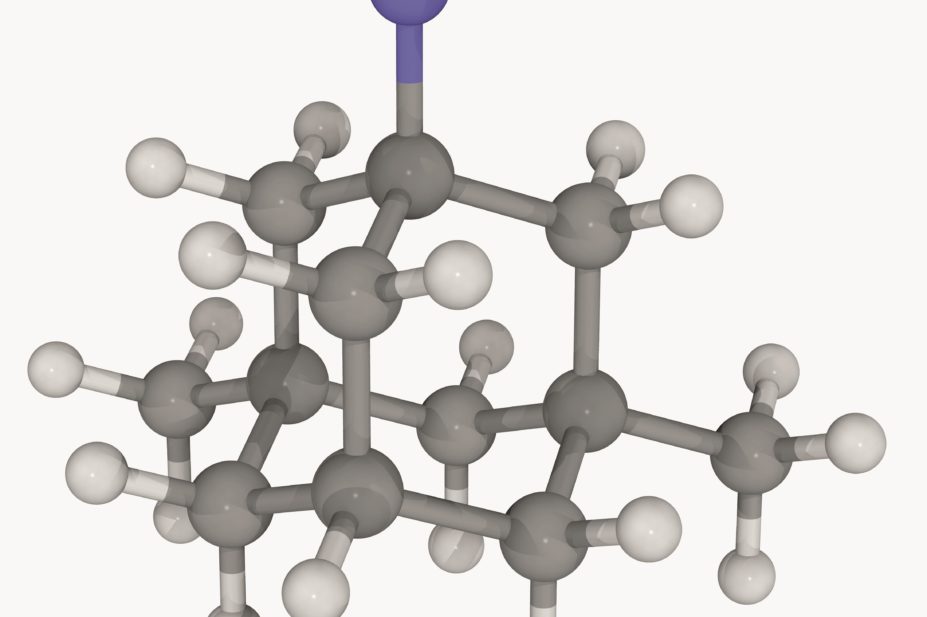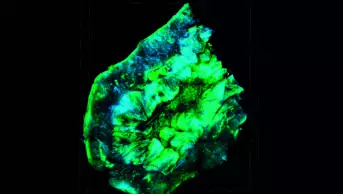
Laguna Design / Science Photo Library
Memantine, an N-methyl-D-aspartate (NMDA) receptor antagonist, is used to treat Alzheimer’s disease and has also been shown to reduce the reinforcing and rewarding effects of drugs of abuse.
Research published in Neuropsychopharmacology (online, 10 November 2014)[1]
reveals that memantine infused directly into the area of brain implicated in addictive behaviour, the nucleus accumbens, blocks food-seeking behaviour and compulsive eating of junk food in a rat model of binge eating. Binge-eating disorder is a recognised condition that is hypothesised to result from neuroadaptive mechanisms in areas of the brain that parallel drug and alcohol addiction.
“These findings substantiate a role of memantine as a potential pharmacological treatment for binge-eating disorder,” conclude Karen Smith, from Boston University, and co-authors.
References
[1] Smith KL, Rao RR, Velázquez-Sánchez C et al. The uncompetitive N-methyl-D-aspartate antagonist memantine reduces binge-like eating, food-seeking behavior and compulsive eating: role of the nucleus accumbens shell. Neuropsychopharmacology 2014. doi: 10.1038/npp.2014.299.


